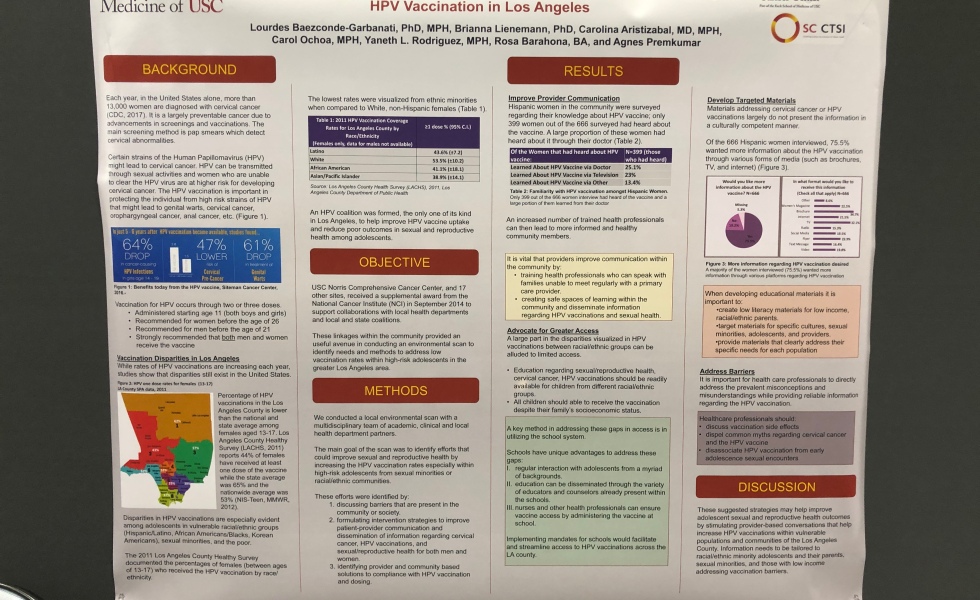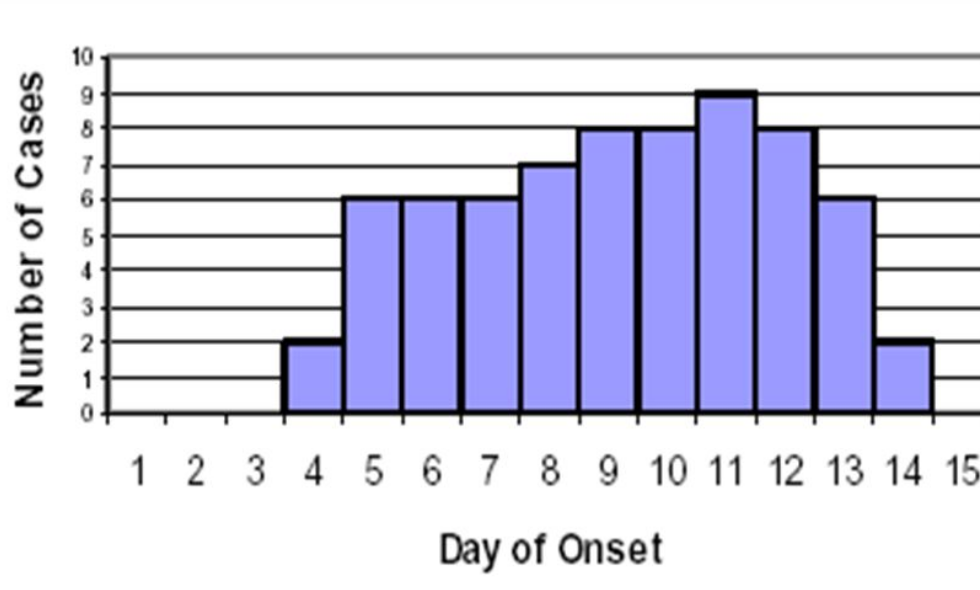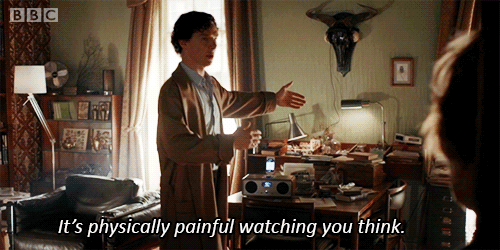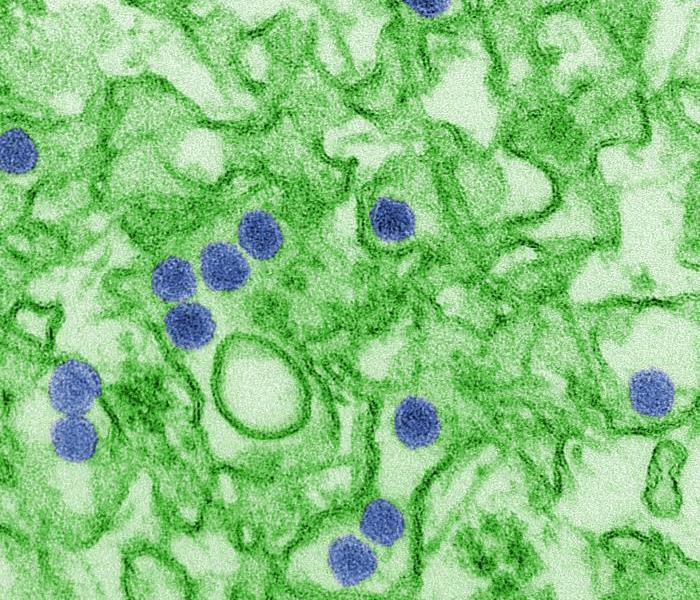Archives
My Rules on Talking About Vaccines
Posted on May 8, 2019 1 Comment

I’m not what I used to be when it comes to debates on the history and science of vaccines… I’m better.
What’s the Best Language to Use When Addressing the Public About Public Health and Healthcare?
Posted on November 12, 2018 3 Comments

I’m at the annual conference of the American Public Health Association (APHA) in San Diego, California. I generally don’t like to go to conferences because they sometimes devolve into “look at me” sessions of people just blowing their own horn. What I do like, however, is the ability to see what people are putting out […]
Yes, There Can Be More Vaccinated People Than Unvaccinated in an Outbreak. Here’s Why.
Posted on September 28, 2018

When they tell you that vaccines don’t work, do some math.
Which Is Better? A False Positive? A False Negative? A True Positive? Or a True Negative?
Posted on August 28, 2018

When dealing with screening tests that are susceptible to giving false positives and false negatives, you need to take into account a number of different things. Most importantly, you need to put your findings into context.
Who Are, or Should Be, the Vaccine Watchdogs?
Posted on November 14, 2017

It’s that time of the year again, when the influenza vaccine is recommended for the public and both public and private organizations spread the message of the vaccine’s benefits. They tell us that it is needed, why, where we can get one, and some of them even manage to throw in a sad story or […]
Epidemiological Podcast S0E2: The Weight of the Evidence
Posted on July 12, 2017

On today’s podcast, I talk to you about a recent tragedy in our family and how it helped me understand anti-vaccine parents a little more. Not completely, but just enough to realize that there is very little in the way of a debate that one can have with them.
See, When people who don’t believe that vaccines save lives tell you that there is no evidence that vaccines are safe, they’re either misinformed or lying. On the flip side, when they tell you that there is evidence that vaccines cause autism, they’re either misinformed or lying again. There is plenty of evidence for both arguments out there, but only one set of “studies” pass the biological plausibility test (not to say anything about ethics).
However, because an injury (perceived or real) to a child triggers such a deep-seeded, primal reaction, it’s hard to be logical or reasonable. When parents see autism as death (when it’s not), their search for answers becomes chaotic and full of inferences that are misguided. Anti-vaccine people looking to make a buck take advantage of that, and then we’re off to the races on trying to stop further harm, encourage critical thinking, and have an actual debate based on facts.
In about 33 minutes, I tell you about the different kinds of studies out there, and I explain to you why we cannot do a vaccinated vs. unvaccinated study like the antivaxxers want, but we’ve done plenty of vaccinated vs. unvaccinated studies in an ethical and scientific way.
What we should have been doing all along: Translational Epidemiology
Posted on May 26, 2017

When I was applying to get into the DrPH program, the interviewer — who would later become my academic advisor — asked me for my thoughts on Translational Epidemiology. Translational Epidemiology (TE) is the use of epidemiology in different stages between identifying a population-level problem to identifying a solution for it, to evaluating what that […]
The Frictions That You’ll Encounter
Posted on May 4, 2017 2 Comments

Before I begin, a quick note: I worked on the Zika response in Puerto Rico during November and December of last year. A section of this blog post deals with what is happening in Puerto Rico with regards to investigating Zika cases, and it includes excerpts from news reports indicating that there is a lot […]
Face It, You Think You Know Better Than Me
Posted on April 3, 2017 16 Comments

There’s this person, we’ll call her “Ginny,”* who is an ardently anti-vaccine. She has multiple blogs, multiple social media accounts, participates in protests (traveling far and wide, money for the family be damned), and even thinks she leads a political party. Ginny has no medical or scientific training, per se. The closest she’s gotten is […]
Zika, Zika, Zika! (An update)
Posted on March 12, 2016 3 Comments

Just a quick update on Zika: A case-control study in French Polynesia has found a strong association between Zika infection and Guillain-Barré Syndrome (GBS). That is, the proportion of cases of GBS who had previous Zika infection (confirmed by serological analyses) was significantly larger than the proportion of people without GBS who had previous Zika […]